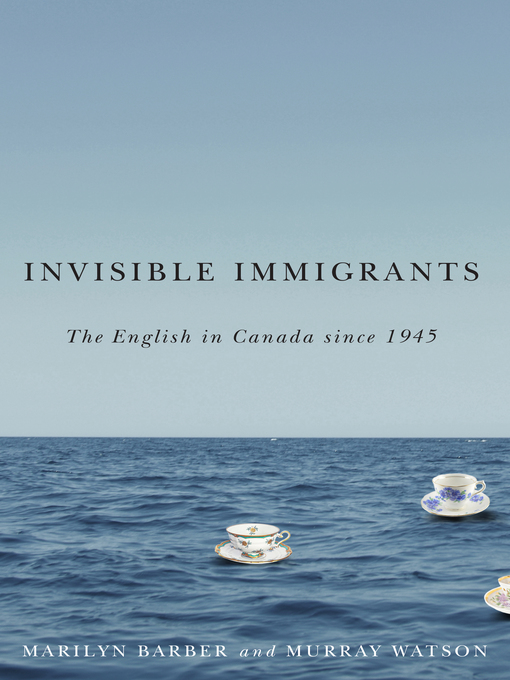- Available now
- New eBook additions
- New kids additions
- New teen additions
- Most popular
- Try something different
- See all
- New audiobook additions
- Available now
- Read by a Celeb (but not memoirs!)
- Audiobooks for the Whole Family
- Listen While You Run
- Most Popular Audiobooks Between 5 to 10 Hours Long
- Most Popular Audiobooks Between 3 and 5 Hours Long
- Audiobooks Read by the Author
- Great Narrators
- New kids additions
- New teen additions
- Most popular
- Try something different
- See all
- Top Magazines
- News and Politics
- Celebrity & Gossip
- Crafts & Hobbies
- Food & Wine
- Gaming & Tech
- Health & Fitness
- Science
- Revues en français / French titles
- See all

